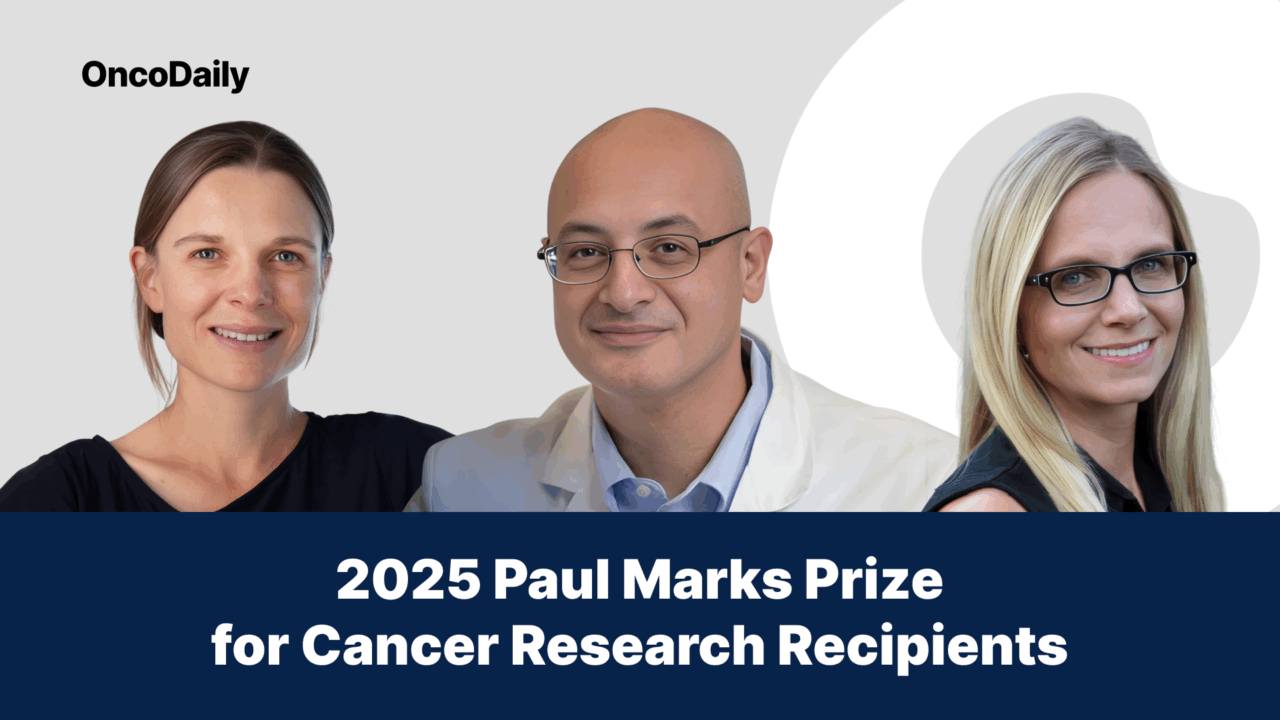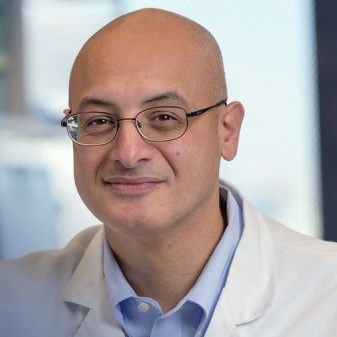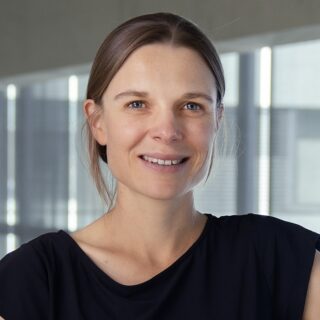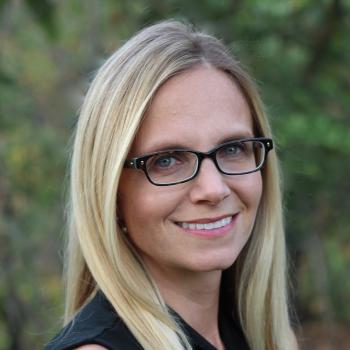The Memorial Sloan Kettering Cancer Center (MSK) has announced the recipients of the 2025 Paul Marks Prize for Cancer Research — Dr. Omar Abdel-Wahab of MSK, Dr. Andrea Ablasser of the Swiss Federal Institute of Technology Lausanne (EPFL), and Dr. Christina Curtis of the Stanford University School of Medicine. The prize, which honours the late Dr. Paul Marks in recognition of his visionary leadership at MSK, celebrates outstanding early- and mid-career investigators whose work is advancing our understanding of cancer or improving its treatment.
About Paul Marks Prize 2025
The Paul Marks Prize for Cancer Research is awarded biennially (every two years) to up to three investigators aged 50 or younger at the time of nomination, selected for their significant contributions to cancer science or clinical translation. Winners share a monetary award and are invited to present their work at a scientific symposium hosted by MSK.
2025 Recipients and Their Contributions
Significance for Cancer Research and Clinical Practice
This year’s laureates reflect the prize’s core mission: bridging rigorous basic science with translational impact. Dr. Abdel-Wahab exemplifies this integration in hematologic malignancies; Dr. Ablasser’s innate-immunity discoveries have broad implications for cancer immunotherapy and beyond; and Dr. Curtis’ computational-biology work is advancing data-driven precision oncology.
Their recognition underscores a few important trends in oncology research:
The emphasis on targeting RNA-splicing and gene-regulation abnormalities in blood cancers.The growing importance of innate-immune pathways (e.g., cGAS/STING) as therapeutic targets in cancer and immune-disease intersection. The accelerating role of computational biology, artificial intelligence and tumour-evolution modelling in defining new biomarkers, treatment strategies, and trial designs.
For oncology professionals, these areas represent key fronts of innovation that may influence future research priorities, clinical trials and ultimately patient care paradigms.
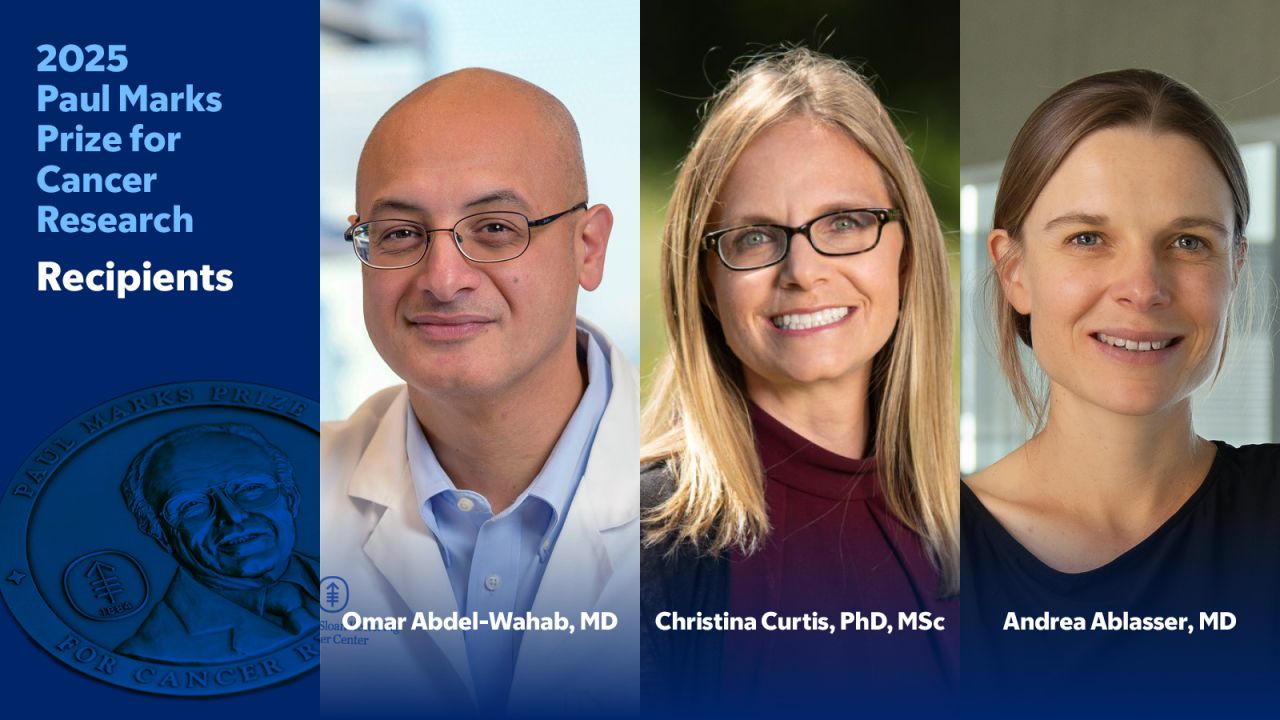
What’s Next for the Paul Marks Laureates
The winners will present their work at a symposium hosted by MSK on 4 December 2025. actu.epfl.ch+1 As the field continues to evolve, the contributions of these three investigators can be expected to catalyse future translational efforts, deepen mechanistic understanding, and drive therapeutic advances. As noted by MSK President & CEO Dr. Selwyn M. Vickers,
“All three of these winners embody the spirit of Dr. Paul Marks: Each has led remarkable research that is deeply grounded in scientific rigor and at the same time has a significant impact on how we care for cancer patients.”
Inspiring the Next Generation of Cancer Innovators
The 2025 Paul Marks Prize recipients – Drs. Abdel-Wahab, Ablasser and Curtis , epresent a new generation of cancer-research leaders whose work spans molecular genetics, immunology and computational oncology. Their recognition highlights the evolving landscape of cancer research, where deep mechanistic insight and translational focus converge. For practitioners, investigators and early-career oncologists alike, their careers provide models of excellence in bridging bench to bedside.
Written by Nare Hovhannisyan, MD


